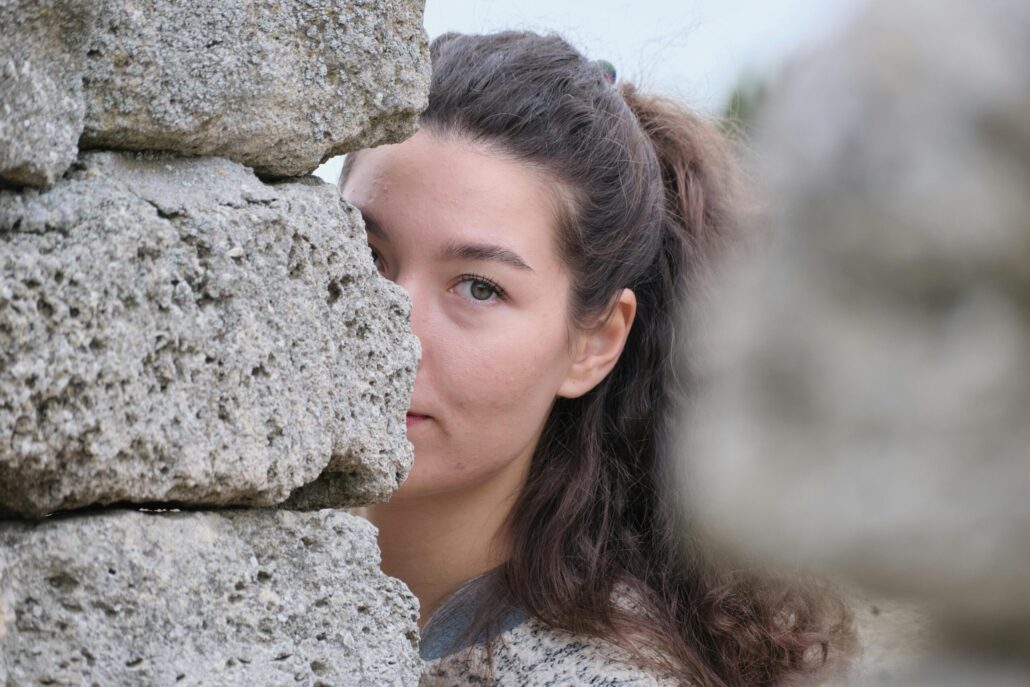The story of Lot’s wife turning into a pillar of salt has haunted readers for millennia. In the simplest reading, she disobeyed a direct command from angels to her husband: don’t look back as you flee Sodom. She looked. She became salt. Case closed—but is it a straightforward tale of disobedience?
Why would looking backward carry such devastating consequences? The answer lies not in the mechanics of divine punishment, but in the psychology of human attachment and the cost of refusing to move forward.
The Weight of Nostalgia
Consider what Lot’s wife was leaving behind. This wasn’t just a city; it was her entire life. Her home, her memories, perhaps friends and family members who refused to flee. The command to escape without looking back wasn’t merely about physical direction—it was about emotional commitment to a new reality. Genesis 19:17.
Russian poet Anna Akhmatova saw in Lot’s wife a symbol of profound humanity: the person who cannot help but turn toward what she’s losing, even knowing the cost. This wasn’t defiance or stupidity. It was the deeply human struggle with letting go, to process overwhelming change, to say goodbye to everything familiar. Her backward glance expressed what many of us feel in moments of catastrophic transition—the irresistible pull of nostalgia, even when moving forward is our only path to survival.
When the Past Becomes Paralysis
Here’s where the cautionary tale deepens. Lot’s wife didn’t just remember her past—she became frozen by it, literally transformed into an immobile pillar. This is the danger we all face when we become too attached to what was: we stop moving. We stop growing. We become monuments to former times rather than participants in future possibilities.
The story asks us to consider: When does healthy remembrance become paralyzing nostalgia? When does appreciating our history prevent us from embracing necessary change? In moments of high stakes—whether fleeing literal destruction or navigating personal upheaval—our survival may depend on our willingness to orient ourselves toward what lies ahead rather than what lies behind.
The Ambiguity of the Command
Interestingly, the Torah never explains why looking back results in such dire consequences. This ambiguity invites us to supply our own meaning. Perhaps the lesson isn’t about arbitrary rules and punishment, but about the practical reality that certain transitions require total commitment. You cannot successfully flee destruction while emotionally residing in what you’re fleeing.
Under traumatic stress, Lot’s wife may have interpreted “don’t look back” as a general warning against emotional attachment rather than a physical prohibition. Her response reveals the profound challenge of following unclear guidance during a crisis—and the human tendency to succumb to longing even when we sense it might be dangerous.
Choosing Forward
The story of Lot’s wife isn’t ultimately about judgment. It’s about the essential human choice between past and future, between what was comfortable and what is necessary, between nostalgia and hope.
We all have moments when we’re called to leave something behind—a relationship, a career, a version of ourselves that no longer serves us. The question isn’t whether we’ll feel the pull to look back. We will. The question is whether we’ll allow that backward glance to stop us in our tracks or whether we’ll acknowledge what we’re losing while continuing to move forward.
Salt preserves, but it doesn’t live. That’s the warning encoded in this ancient story: Choose life. Choose movement. Choose hope over nostalgia, even when your heart breaks for what you’re leaving behind.
Rabbi Evan J. Krame
If this reflection resonates with you, consider sharing it on social media—or simply take a moment to reflect on how you can create a better community.





